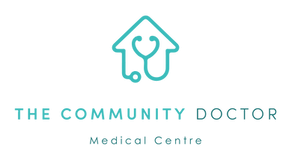Male sexual health includes an array of different aspects of medicine—prevention and treatment of sexually transmitted diseases, the assessment and treatment of male infertility, sexual desire (libido), erectile function and issues pertaining to ejaculation. Physiology of the male reproductive system can affect the ability to have sex and the desire. Emotional and mental health factors also play important roles.
Safe sex
What is safe sex?
Practising safe sex is using a method of contraception to protect yourself and your partner against sexually transmitted diseases and decrease the chances of pregnancy. In doing so, you can:
- Prevent HIV transmission
- Lower the chances of pregnancy
- Prevent most STIs
The most common form of sex that transmits HIV is through vaginal or anal intercourse without a condom. Using a condom during sex will protect you against HIV. Practising safe sex also protects you against common STIs that can be transmitted during sex, for example, gonorrhoea and chlamydia. Using condoms doesn’t provide 100% protection against all sexually transmitted infections, such as herpes, syphilis, genital warts and monkeypox, which is spread through skin-to-skin contact.


